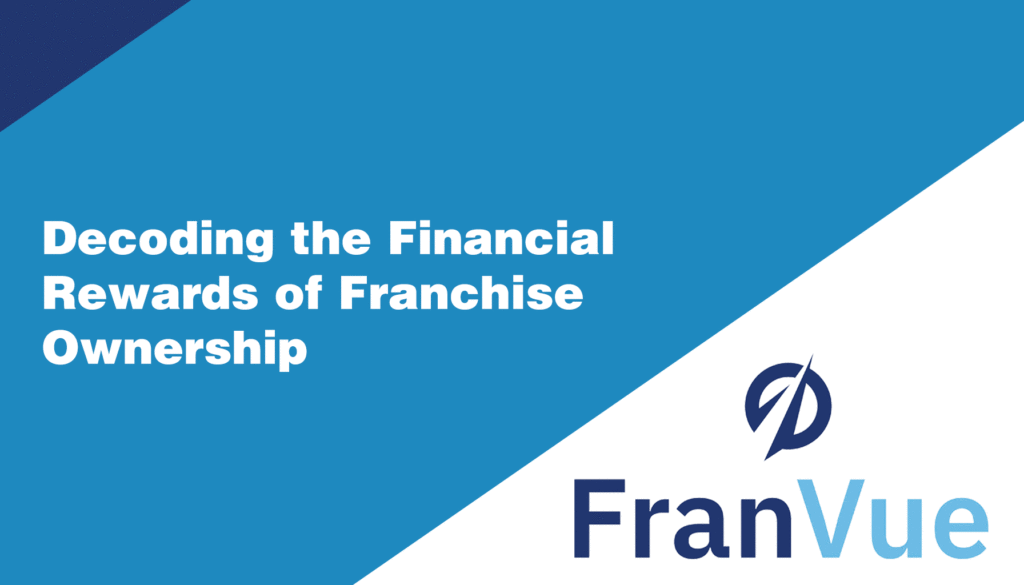Embarking on the journey of franchise ownership is often a paradigm shift for many who have historically relied on a regular paycheck to manage life’s financial obligations. The transition from salaried employee to franchise entrepreneur is significant, as it requires a mindset shift from earning a wage to generating income through business profits.
Understanding how you’ll earn income as a franchise owner is crucial to setting realistic expectations and preparing for the initial stages of your business venture.
From Salary to Profit: The Entrepreneurial Payoff
As a franchise owner, the concept of earning a flat-rate salary is replaced by the potential to earn profits derived from the sales and services your franchise provides. In the early days, the operational costs might eclipse your earnings — think utilities, rent, and payroll. But perseverance is key; profitability and, subsequently, your income, are hinged on the success of the business.
Initial Investments and Reserves: The Financial Runway
Before diving into franchise ownership, having a financial cushion is imperative. This cash reserve is your lifeline, not just for covering your personal living expenses but also for nurturing your business through its nascent stage until it reaches a self-sustaining equilibrium.
The allocation of these funds varies amongst franchisees. Some may opt to reinvest back into the business aggressively to fuel growth, while others may draw on these reserves more conservatively, extending the timeline to profitability but perhaps also easing personal financial pressure.
Profit Reinvestment vs. Personal Gain: Strategic Choices
Once your franchise begins turning a profit, you’ll be faced with a strategic decision: reinvest to amplify your business’s growth potential or draw profits for personal use, fulfilling the dream of financial freedom and flexibility.
Entrepreneurs aiming to expand their franchise or position it for a future sale may prioritize reinvesting in marketing, equipment upgrades, and staff training. On the other hand, if lifestyle and personal autonomy are your primary motivators, you may choose to enjoy the fruits of your labor more directly, using profits to enhance your personal life.
Success Metrics: Profitability as a Shared Goal
Franchise success is mutually beneficial. While franchisors receive fees that contribute to their revenue, their ultimate goal aligns with yours: profitability. A profitable franchise adds value to the entire network by reinforcing brand strength and market presence.
In summary, as a franchise owner, your “paycheck” is the profit your business generates. It’s a more variable income stream than a salary but offers the potential for greater financial rewards and personal satisfaction. With franchisor support, robust branding, and dedication to your business, you stand to transition from a regular wage earner to a successful entrepreneur who defines the terms of their financial and professional life.


